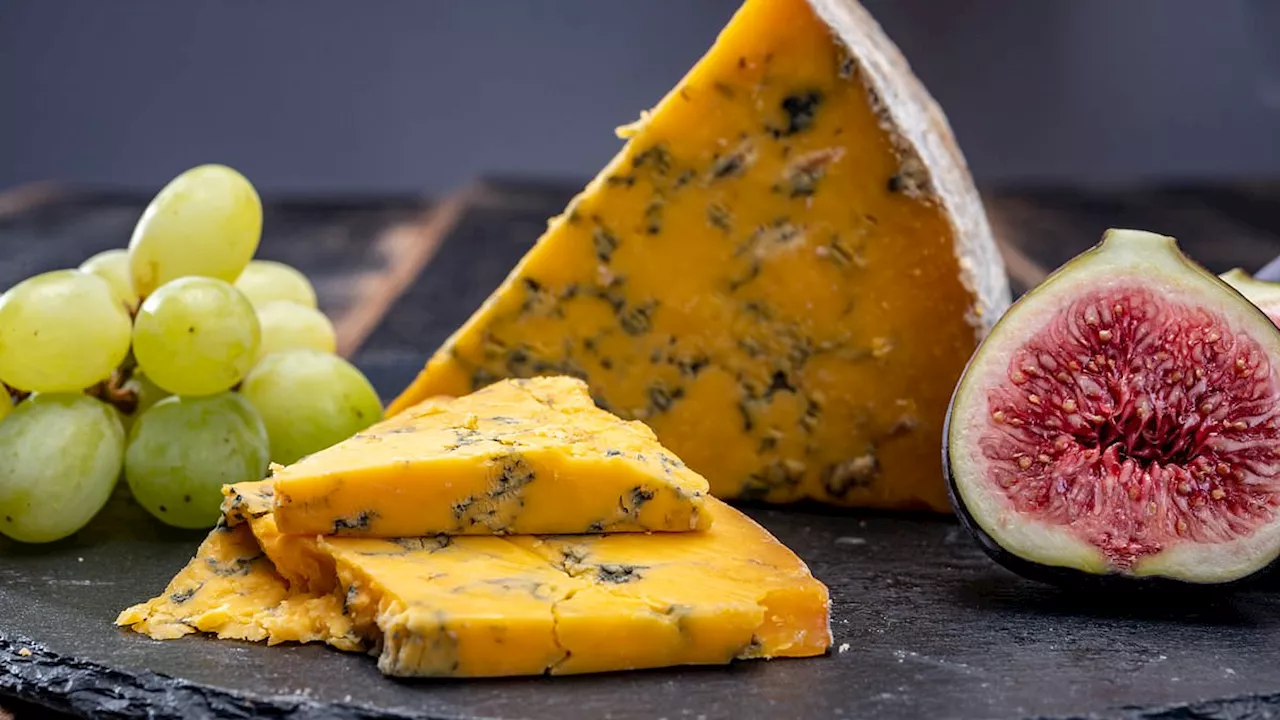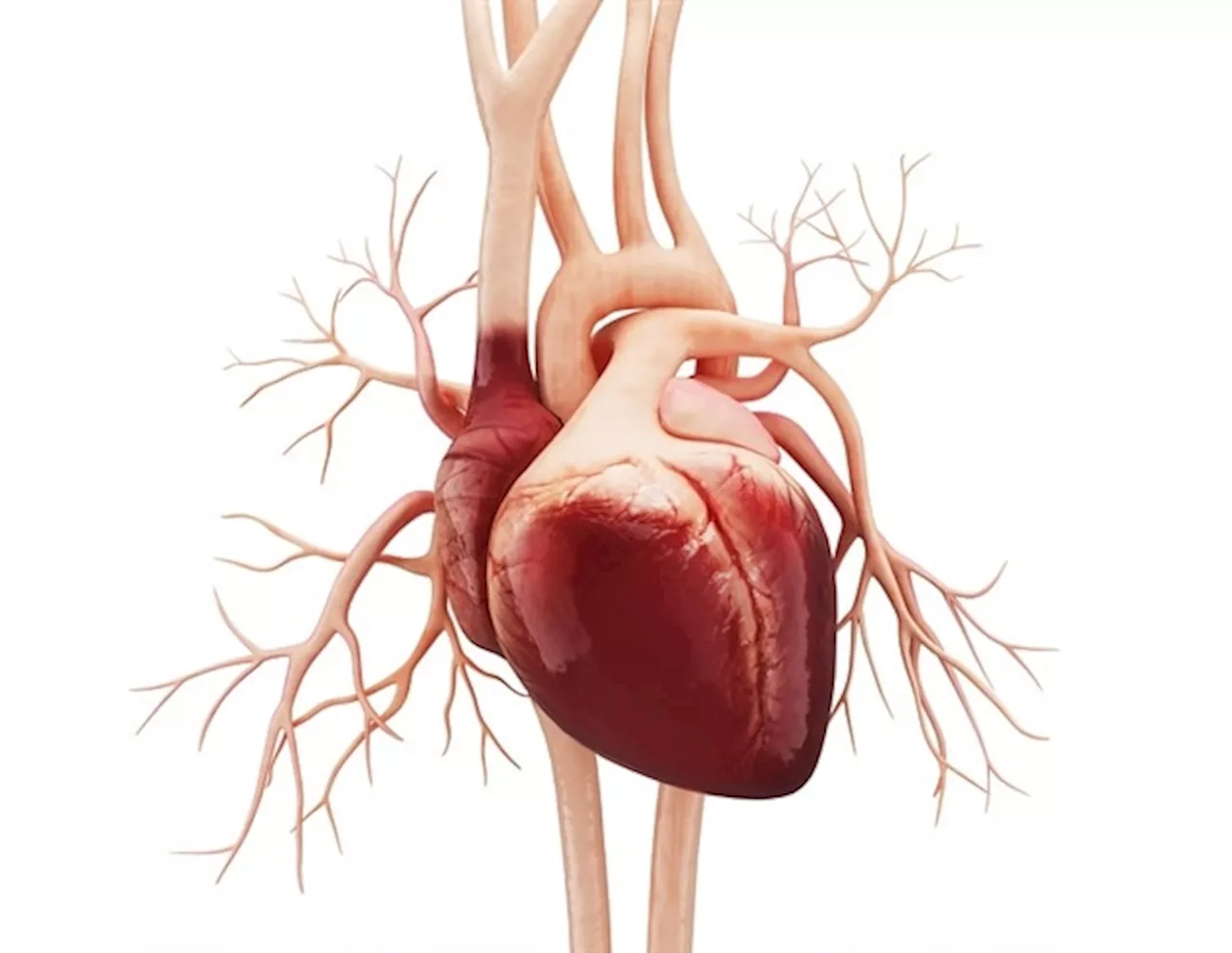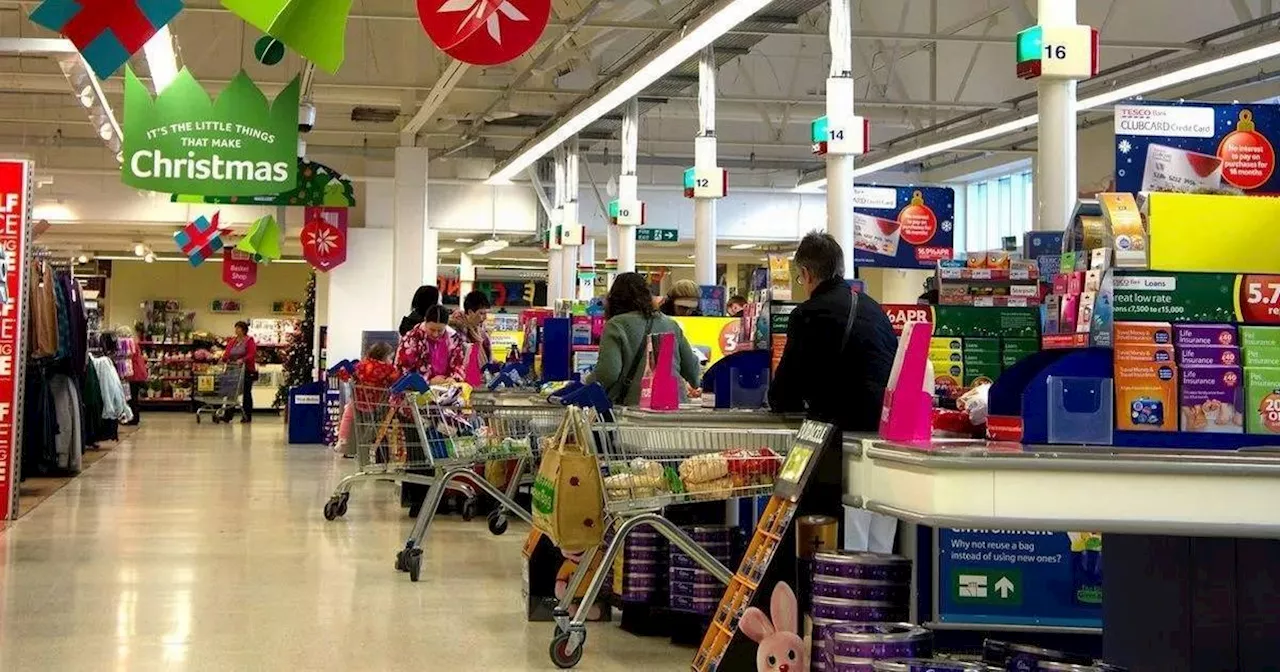A new study reveals that cheese has a bigger carbon footprint than poultry, pork, or even beef.
Finding protein-rich foods that are good for the climate can be complex. When it comes to reducing our individual carbon emissions, one of the most impactful steps we can take is to eat more sustainably. Global food production is responsible for a significant portion of greenhouse gas emissions, and animal products, such as dairy, eggs, fish and meat, are known to be good sources of protein. Getting the right amount of protein is essential for our bodies to grow and repair.
For those who want to eat a low-carbon diet that is also nutritious, getting the right level of protein can be challenging. The picture is complicated by the huge range of products available to us, many of which assert that they are 'carbon neutral' or 'sustainable'. So, what would a protein-rich, low-carbon diet really look like? Just how bad for the climate are meat and dairy? How much more sustainable is it to only eat plant-based proteins, such as tofu, chickpeas and peas? Is it better to cut out cheese or chicken? Which animal-free alternatives have the lowest emissions' output?According to a study compiled by Joseph Poore, a researcher at the University of Oxford, and Thomas Nemecek, who studies the lifecycle of food at Swiss research institute Agroscope, beef generates 49.9kg of CO2 equivalent, or CO2e, per 100g of protein, equivalent to the amount in 2.35 steaks. The proteins with the second-highest greenhouse gas (GHG) footprint are lamb and mutton, which generate 19.9kg of CO2e per 100g.CO2 equivalent, or CO2e, is the metric used to quantify the emissions from various greenhouse gases on the basis of their capacity to warm the atmosphere – their global warming potential. 'There's so much emphasis on beef that people often forget about other types of meat and their impacts,' says Anne Bordier, director of sustainable diets at the World Resources Institute. Cows, sheep and goats are all ruminants, animals with more than one stomach chamber that belch out methane when they digest their food. Although shorter-lived in the atmosphere, methane is a highly potent gas that has a global warming impact. In addition to livestock's high methane output, greenhouse gases are emitted to produce and transport animal feed and run the livestock farms, says Sophie Marbach, a physicist and researcher at the National Centre for Scientific Research in France who carried out an study. Meat from small, non-ruminant animals, such as chicken, turkey, rabbit and duck, has a much lower GHG footprint than beef and lamb. Chicken, for example, has a GHG footprint almost nine times lower than beef's – generating 5.7kg of CO2e per 100g of protein. That's 'quite low', says Sarah Bridle, professor of food, climate and society at the University of York in the UK. 'It is really similar to farmed fish and eggs.' Pork's GHG footprint (7.6kg) is about 6.5 times lower than beef's and 1.4 times higher than poultry's (5.7kg).It is cheese, not chicken or pork, that generates the third-highest emissions in agriculture, after lamb and beef. 'There's this consensus that 'being vegetarian is great', but then we sort of forget that cheese is actually pretty carbon intensive,' says Marbach, noting that this is due to cows' high methane output and the fact that they require 'a lot of inputs for not much output'. The GHG footprint of cheese (10.8kg of CO2e per 100g of protein) is almost twice as high as chicken's and also higher than pork and eggs (4.2kg of CO2e). The dietary emissions can vary greatly depending on the type of cheese you're eating. Harder cheeses, such as parmesan, are more carbon-intensive than soft cheeses because they are made with more milk, says Bridle. Soft cheeses contain more water – there's 50% more water in cottage cheese than in cheddar, for example, she says. The GHG footprint of cow's cheese is similar to that of goat's or sheep's milk cheeses 'because they're all ruminants,' says Bridle. 'But cow's cheese is probably the most efficient because dairy cows produce vast amounts of milk.' According to data from the Harder cheeses, such as parmesan, are more carbon-intensive than soft cheeses because they are made with more milk.Yoghurt, meanwhile, is surprisingly low-carbon, 2.5kg of CO2e per 100g of protei
CARBON FOOTPRINT CHEESE MEAT DAIRY SUSTAINABLE DIET
United Kingdom Latest News, United Kingdom Headlines
Similar News:You can also read news stories similar to this one that we have collected from other news sources.
 Cheese Consumption Linked to Reduced Sleep Apnea RiskA recent study suggests a potential connection between cheese intake and a lower risk of developing sleep apnea. Researchers analyzed data from over 400,000 individuals and found that those who consumed cheese had a 28% reduced likelihood of having sleep apnea compared to non-cheese eaters. The study also identified six specific biomarkers influenced by cheese consumption that may play a role in this protective effect.
Cheese Consumption Linked to Reduced Sleep Apnea RiskA recent study suggests a potential connection between cheese intake and a lower risk of developing sleep apnea. Researchers analyzed data from over 400,000 individuals and found that those who consumed cheese had a 28% reduced likelihood of having sleep apnea compared to non-cheese eaters. The study also identified six specific biomarkers influenced by cheese consumption that may play a role in this protective effect.
Read more »
 Shropshire Blue: The UK's Rising Star Cheese Taking the World by StormShropshire Blue, a tangy blue cheese from the UK, is gaining global popularity. Spotted in shops and bars from Paris to São Paulo, this cheese is outselling Stilton in some areas. Its rich yolk-colored interior and flaky crust are attracting cheese lovers worldwide, leading to a surge in sales and making it the second most popular blue cheese export from the UK.
Shropshire Blue: The UK's Rising Star Cheese Taking the World by StormShropshire Blue, a tangy blue cheese from the UK, is gaining global popularity. Spotted in shops and bars from Paris to São Paulo, this cheese is outselling Stilton in some areas. Its rich yolk-colored interior and flaky crust are attracting cheese lovers worldwide, leading to a surge in sales and making it the second most popular blue cheese export from the UK.
Read more »
 New Study Finds Lean Beef Can Be Part of a Heart-Healthy DietA recent meta-analysis of randomized controlled trials shows that consuming two servings of unprocessed beef per day has no significant impact on cardiovascular disease risk factors.
New Study Finds Lean Beef Can Be Part of a Heart-Healthy DietA recent meta-analysis of randomized controlled trials shows that consuming two servings of unprocessed beef per day has no significant impact on cardiovascular disease risk factors.
Read more »
 Tesco, Morrisons and Aldi issue 'do not eat' warning as festive food recalledSome of the UK's most popular supermarkets have issued urgent recalls on a range of products including beef slices and cheese amid concerns they might be 'unsafe'.
Tesco, Morrisons and Aldi issue 'do not eat' warning as festive food recalledSome of the UK's most popular supermarkets have issued urgent recalls on a range of products including beef slices and cheese amid concerns they might be 'unsafe'.
Read more »
 One crucial thing people forget to plan for before retirementA new report has found that few people often fail to plan for a key thing in their old age
One crucial thing people forget to plan for before retirementA new report has found that few people often fail to plan for a key thing in their old age
Read more »
 Creetown chief describes Stranraer defeat as 'night to forget'The Castle Cary Park side lost 4-0 on Friday night after conceding a goal in the first minute.
Creetown chief describes Stranraer defeat as 'night to forget'The Castle Cary Park side lost 4-0 on Friday night after conceding a goal in the first minute.
Read more »
